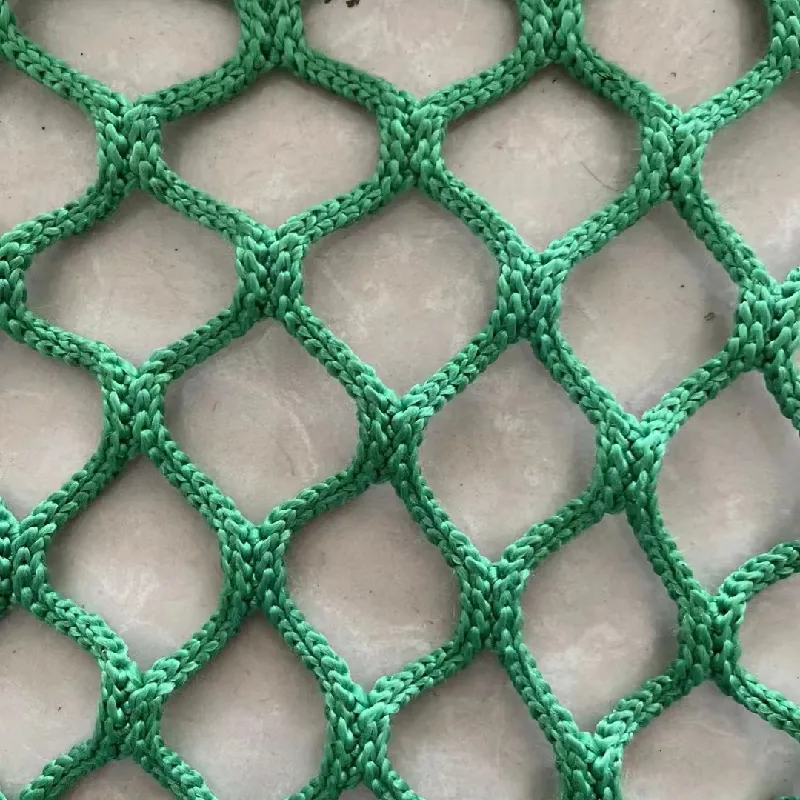-
 Afrikaans
Afrikaans -
 Albanian
Albanian -
 Amharic
Amharic -
 Arabic
Arabic -
 Armenian
Armenian -
 Azerbaijani
Azerbaijani -
 Basque
Basque -
 Belarusian
Belarusian -
 Bengali
Bengali -
 Bosnian
Bosnian -
 Bulgarian
Bulgarian -
 Catalan
Catalan -
 Cebuano
Cebuano -
 China
China -
 Corsican
Corsican -
 Croatian
Croatian -
 Czech
Czech -
 Danish
Danish -
 Dutch
Dutch -
 English
English -
 Esperanto
Esperanto -
 Estonian
Estonian -
 Finnish
Finnish -
 French
French -
 Frisian
Frisian -
 Galician
Galician -
 Georgian
Georgian -
 German
German -
 Greek
Greek -
 Gujarati
Gujarati -
 Haitian Creole
Haitian Creole -
 hausa
hausa -
 hawaiian
hawaiian -
 Hebrew
Hebrew -
 Hindi
Hindi -
 Miao
Miao -
 Hungarian
Hungarian -
 Icelandic
Icelandic -
 igbo
igbo -
 Indonesian
Indonesian -
 irish
irish -
 Italian
Italian -
 Japanese
Japanese -
 Javanese
Javanese -
 Kannada
Kannada -
 kazakh
kazakh -
 Khmer
Khmer -
 Rwandese
Rwandese -
 Korean
Korean -
 Kurdish
Kurdish -
 Kyrgyz
Kyrgyz -
 Lao
Lao -
 Latin
Latin -
 Latvian
Latvian -
 Lithuanian
Lithuanian -
 Luxembourgish
Luxembourgish -
 Macedonian
Macedonian -
 Malgashi
Malgashi -
 Malay
Malay -
 Malayalam
Malayalam -
 Maltese
Maltese -
 Maori
Maori -
 Marathi
Marathi -
 Mongolian
Mongolian -
 Myanmar
Myanmar -
 Nepali
Nepali -
 Norwegian
Norwegian -
 Norwegian
Norwegian -
 Occitan
Occitan -
 Pashto
Pashto -
 Persian
Persian -
 Polish
Polish -
 Portuguese
Portuguese -
 Punjabi
Punjabi -
 Romanian
Romanian -
 Russian
Russian -
 Samoan
Samoan -
 Scottish Gaelic
Scottish Gaelic -
 Serbian
Serbian -
 Sesotho
Sesotho -
 Shona
Shona -
 Sindhi
Sindhi -
 Sinhala
Sinhala -
 Slovak
Slovak -
 Slovenian
Slovenian -
 Somali
Somali -
 Spanish
Spanish -
 Sundanese
Sundanese -
 Swahili
Swahili -
 Swedish
Swedish -
 Tagalog
Tagalog -
 Tajik
Tajik -
 Tamil
Tamil -
 Tatar
Tatar -
 Telugu
Telugu -
 Thai
Thai -
 Turkish
Turkish -
 Turkmen
Turkmen -
 Ukrainian
Ukrainian -
 Urdu
Urdu -
 Uighur
Uighur -
 Uzbek
Uzbek -
 Vietnamese
Vietnamese -
 Welsh
Welsh -
 Bantu
Bantu -
 Yiddish
Yiddish -
 Yoruba
Yoruba -
 Zulu
Zulu
Durable and Versatile Plastic Plant Mesh for Garden Support and Optimal Growth Solutions
The Versatile World of Plastic Plant Mesh
In recent years, the gardening and horticulture industries have seen the emergence of a variety of innovative tools and materials designed to enhance plant growth and care. Among these innovations, plastic plant mesh has become increasingly popular for both amateur gardeners and professional cultivators. This article explores what plastic plant mesh is, its benefits, and its diverse applications.
What is Plastic Plant Mesh?
Plastic plant mesh is a type of netting or grid made from durable and lightweight plastic materials. It typically consists of a series of interwoven strands that create a robust framework, allowing for the support and training of plants as they grow. The mesh might come in various sizes, colors, and textures, catering to different gardening needs. Its flexibility and resilience make it a preferred choice for various horticultural applications.
Benefits of Plastic Plant Mesh
1. Support for Plants One of the primary benefits of plastic plant mesh is its ability to provide structural support to climbing and sprawling plants. By training vines and stems to grow along the mesh, gardeners can encourage healthier and more robust growth. This is particularly advantageous for crops like tomatoes, cucumbers, and peas, which require support to keep their fruit off the ground.
2. Improved Air Circulation Proper air circulation is vital for preventing diseases in plants. Plastic plant mesh allows for adequate spacing between plants, facilitating better airflow. This can reduce humidity levels around the foliage, minimizing the risk of fungal infections and other diseases.
plastic plant mesh

3. Weed Control Incorporating plastic plant mesh into the garden can act as a natural barrier against weeds. By laying down mesh in specific areas, gardeners can inhibit weed growth while still allowing water and nutrients to reach the soil. This leads to less time spent on weeding and more focus on nurturing desired plants.
4. Versatile Applications The versatility of plastic plant mesh extends to various gardening techniques, including hydroponics and vertical gardening. In hydroponics, mesh can support plants and facilitate root growth in water systems, while in vertical gardening, it can create aesthetically pleasing and space-efficient arrangements.
5. Durability and Longevity Unlike traditional materials that may degrade over time, plastic plant mesh is designed to withstand the elements. It is resistant to rot, mold, and UV damage, ensuring that it maintains its structural integrity throughout the growing seasons.
Applications of Plastic Plant Mesh
Plastic plant mesh can be utilized in various gardening scenarios. For instance, home gardeners often use it to support their vegetable gardens, especially for climbing plants. In commercial agriculture, large-scale growers employ mesh in trellising systems, enhancing productivity and reducing labor costs. Additionally, landscape architects might incorporate plastic mesh in green walls or decorative structures, combining functionality with aesthetic appeal.
Conclusion
In conclusion, plastic plant mesh is an invaluable tool for modern gardeners and agricultural professionals. Its ability to support plant growth, improve air circulation, and control weeds makes it a versatile choice for a wide range of applications. As sustainable gardening practices continue to gain traction, the demand for effective, durable materials like plastic plant mesh is likely to grow. By integrating such innovations into their gardening routines, enthusiasts can cultivate thriving plants while enjoying the many benefits that plastic plant mesh has to offer. Whether you're a hobbyist looking to enhance your backyard or a professional grower seeking efficiency, plastic plant mesh may just be the solution you've been searching for.
-
Shipping Plastic Bags for Every NeedNewsJul.24,2025
-
Safety Netting: Your Shield in ConstructionNewsJul.24,2025
-
Plastic Mesh Netting for Everyday UseNewsJul.24,2025
-
Nylon Netting for Every UseNewsJul.24,2025
-
Mesh Breeder Box for Fish TanksNewsJul.24,2025
-
Expanded Steel Mesh Offers Durable VersatilityNewsJul.24,2025











